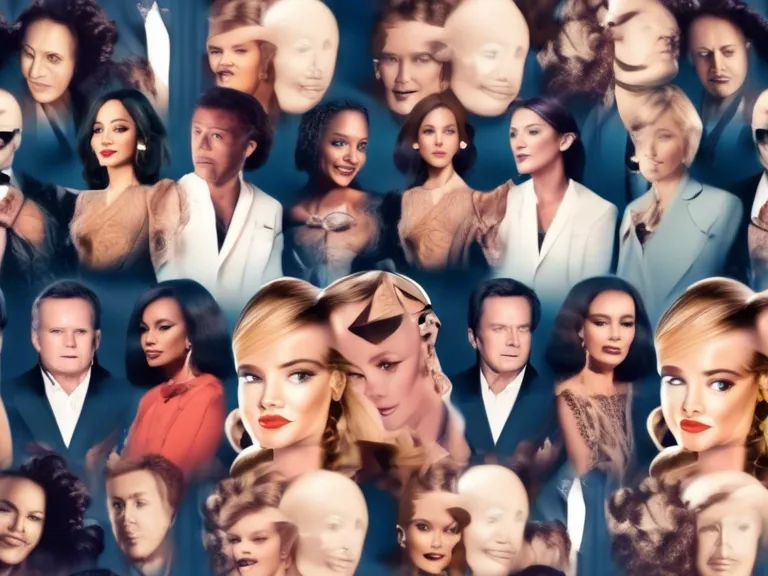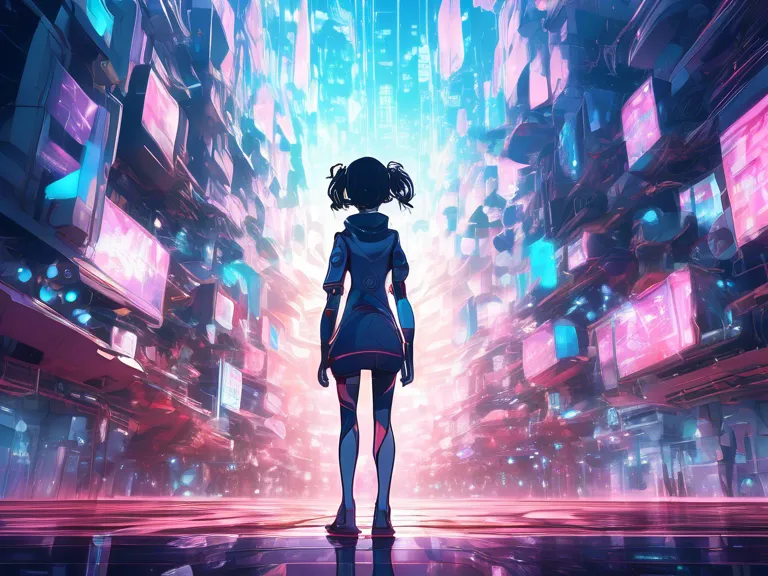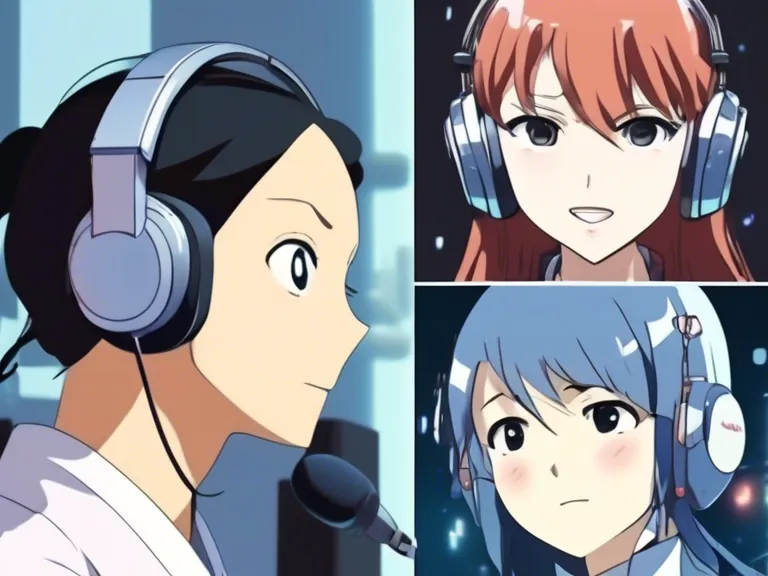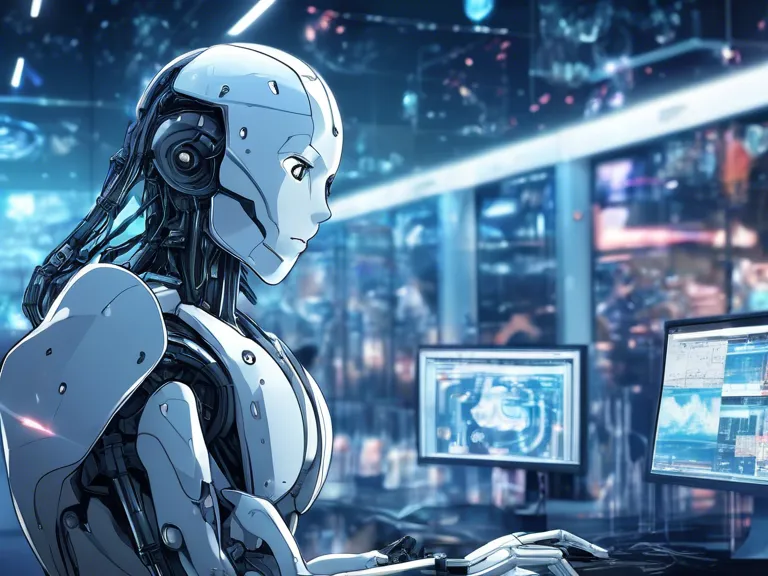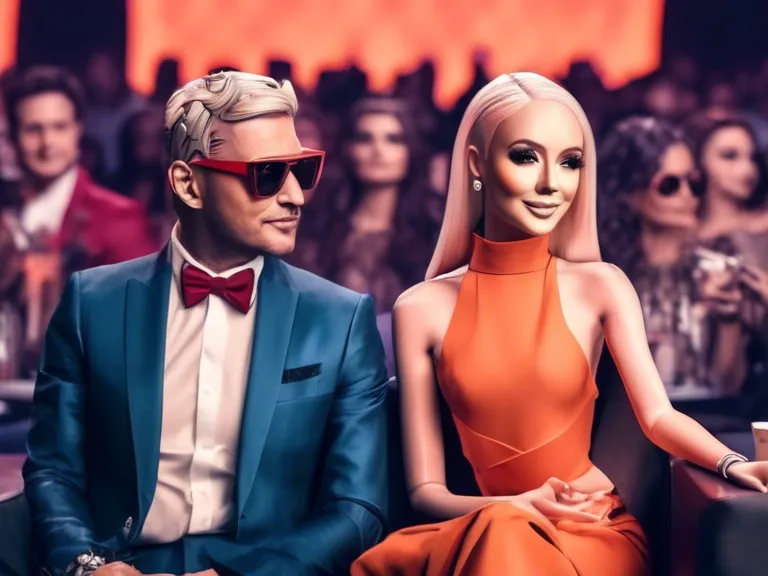
In today's social media-savvy world, influencers play a crucial role in shaping trends and opinions. But what if these influencers were not real people, but rather artificial intelligence (AI) creations? The rise of AI influencers is shaking up the entertainment world, blurring the lines between what is real and what is not. These AI celebrities are gaining massive followings, striking brand deals, and even releasing music albums.
One of the most well-known AI influencers is Lil Miquela, a virtual Instagram model with millions of followers. She posts fashion-forward photos and collaborates with high-end brands, proving that AI can be just as influential as human influencers. Similarly, virtual pop star Hatsune Miku has sold out concerts and topped music charts, despite being entirely computer-generated.
The appeal of AI influencers lies in their flawless appearances and curated personalities. They don't age, make mistakes, or get involved in scandals, making them a safer bet for brands looking to associate with influencers. Additionally, AI celebrities can be programmed to appeal to a wide range of demographics, making them versatile marketing tools.
However, the rise of AI influencers also raises ethical concerns. Can a virtual being truly represent the values and experiences of real people? Are AI influencers taking away opportunities from human content creators? These are questions that need to be addressed as AI continues to make its mark in the entertainment industry.
As technology advances, we can expect to see more AI influencers carving out their space in the digital realm. From virtual fashion icons to computer-generated musicians, the world of entertainment is changing rapidly. The rise of AI celebrities is a trend that is here to stay, challenging our perceptions of fame and influence.
